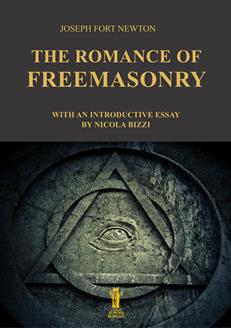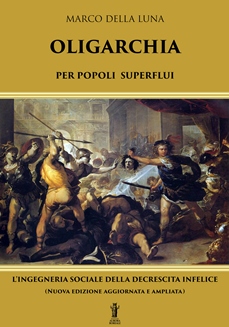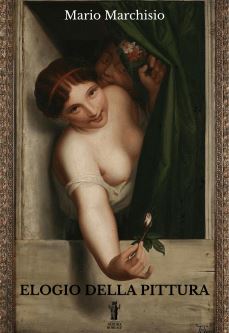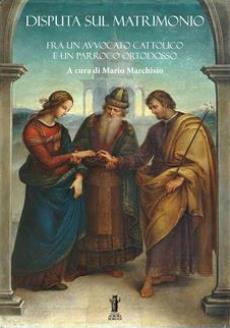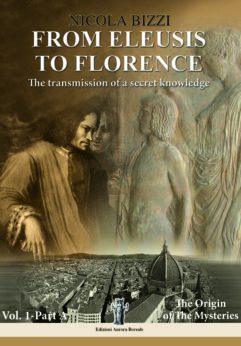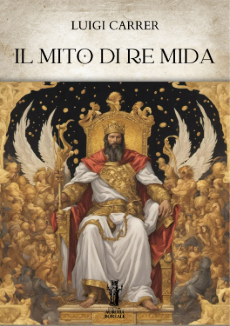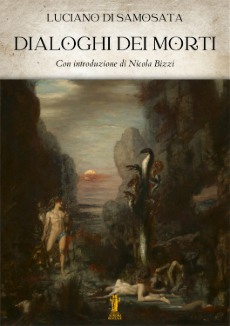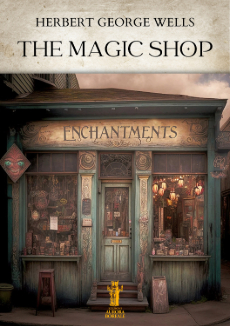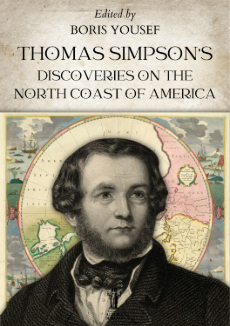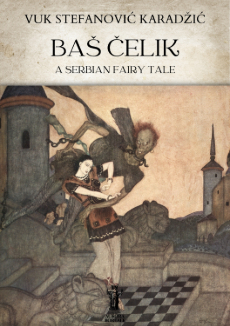Descrizione
The Romance of Freemasonry, which we have the honor of republishing today, is the text of an illuminating speech that Brother Joseph Fort Newton addressed to twelve hundred members of the Grand Lodge of Canada, in the Province of Ontario, assembled at a banquet in the Royal York Hotel, Toronto, on Wednesday evening, July 19th, 1939.
«Going back and back and back, sifting all kinds of wild legends, I sought to find the real facts about real Masons and put them forth in an understanding way. (…) I have tried to do two things; first to induce Masons to know more about Masonry; second, to convey knowledge to them that they may be able to know more intelligently of the constructive life of truthful Masonry.
Yes, it is a romance. It was romantic in its origin. Let me sketch it briefly. The world has cracked up and gone to pieces, not for the first time nor for the last, with wars and then stretches of peace and re-organization all in our generation. The cozy, comfortable world of the Middle Ages was shattered by the Revival of Learning. It was broken up politically by the advent of nationalism, by the people of the north outside of the old Roman Empire. It was later upset by the Industrial Revolution and still later by the march of the victory of modern science.
The Roman Catholics gave to the men of the Middle Ages a shrine that still stands. It may be found useful again. We have found today, in the breaking up of the Middle Ages, that they had two commanding philosophies of life but with the breaking up of the Middle Ages, as far as is realized, we created our modern world, and from among them – Free Masonry, instead of a response of an unformulated aspiration.
(…) If it has been a romance in the past, will it be equally as romantic in preserving the inheritance of my fathers and yours and our common race? Think of what would happen to civilization if the first thing to be destroyed is the Masonic Fraternity».
ISBN: 978-88-98635-89-4
With an introductive essay by Nicola Bizzi
76 pages

